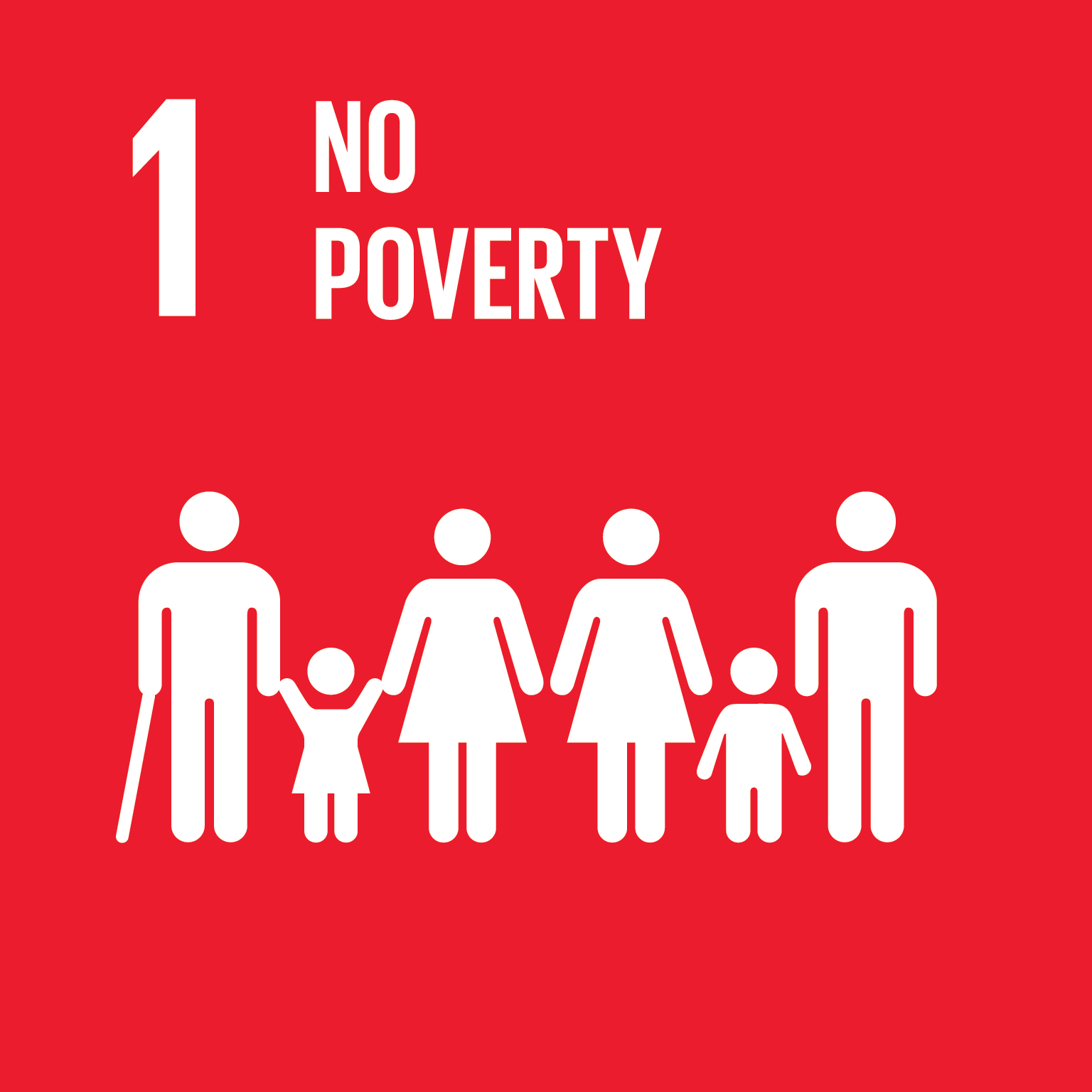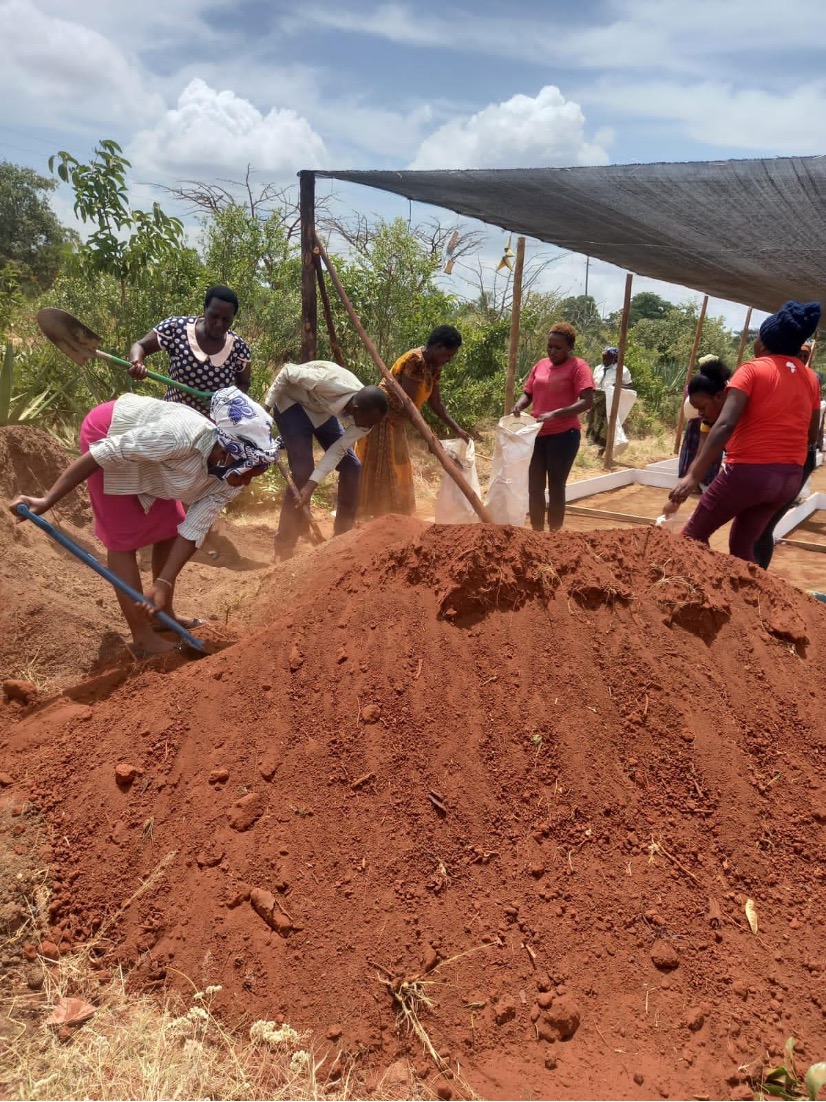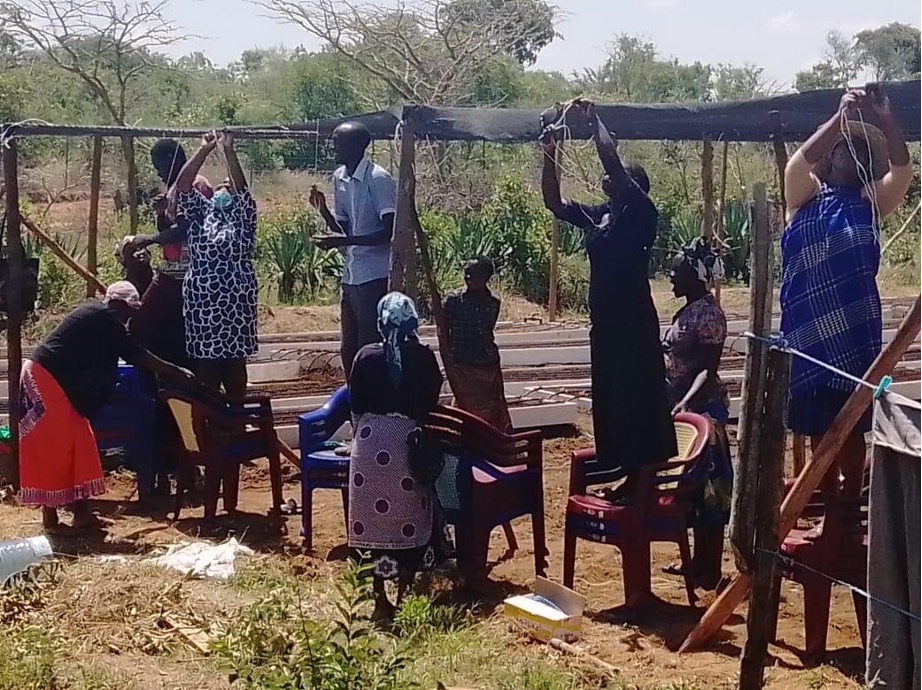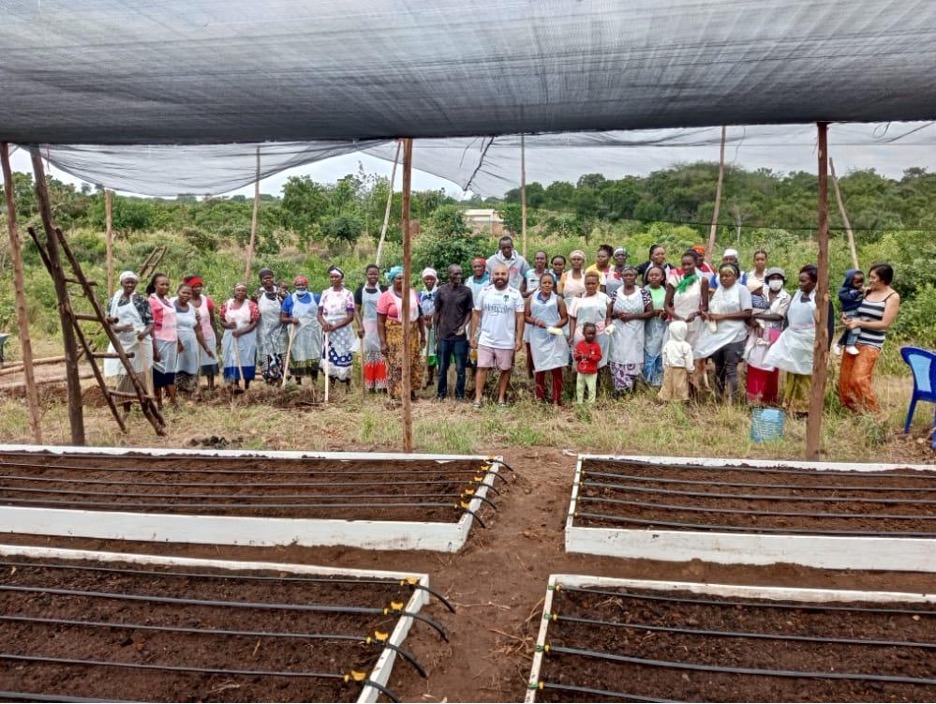 Makueni Agricultural Entrepreneurship Community Centre
Strengthening agricultural and entrepreneurial knowledge for women in Kenya
Makueni Agricultural Entrepreneurship Community Centre
Strengthening agricultural and entrepreneurial knowledge for women in Kenya

Challenges
COVID-19 has significantly impacted populations around the world, affecting jobs, food security and in some areas contributing to an unprecedented rise in the levels of extreme poverty. In Kenya, COVID-19 interrupted social and economic services that accentuating the vulnerability of families, transferring to them greater responsibilities regarding the quality of life of their members. A concrete example is that during school closures, breakfasts provided to schoolchildren were suspended, aggravating already precarious household economies and putting more pressure on families. This context has a greater impact on women, due to their gender disadvantages and large share of responsibilities for households and children, which only increased with the pandemic.
In Makueni County, Kenya, the main economic activity is agriculture. Most are family farms practicing subsistence agriculture. Farmers have seen their sales spaces diminish due to market closures and supply chain disruptions. There is a need to strengthen agriculture at the family level, with a focus on youth and women, so that they can obtain resources and generate economic activities.
Towards a Solution
The Makueni Agricultural Entrepreneurship Community Centre project arose in response to a 2021 call from the Chile Fund Against Hunger and Poverty to address the impacts of the COVID-19 pandemic in the area. The Chile Fund Against Hunger and Poverty is an organization that seeks to contribute to the advancement of developing countries based on economic recovery and strengthening the social fabric, issues prioritized by Chile.
The programme strategy for 2021 and 2022 is to strengthen family agriculture in Makueni County, targeting women and youth, to improve family livelihoods and the general economy of the area. By adopting a gender-focused approach, the project seeks to reduce inequalities between men and women.
The project was designed in a South-South cooperation, participatory manner by Chile’s Patagonia Compassion Foundation together with Global Light Ministry, the Kenyan partner. Global Light Ministry facilitated links with the community and helped with implementation, from definition of the problem to the intervention strategy.
The Community Centre project is underway, with 122 women trained so far using 12 support videos made by one of the partners, Instituto Profesional (AIEP). The videos contain 36 hours of theoretical and practical training on agriculture entrepreneurship. The material was prepared in English and the contents were explained in the community’s language for better understanding for better understanding.
A soil study was done to determine the most appropriate type of crops and their required fertilizers. Likewise, clearing and demarcation of the land was carried out. Of the beneficiary women, 12 were selected to form an Administration Committee for the community centre. This team holds the important role of organizing the community once the project is finished.
The Community Centre project adopts an innovative management model, in the sense that it opens a space for collaborative cultivation in a formal way among members of the community and bets on a new social institution in the community through the establishment of the Administration Committee, a direct contribution to strengthening intra-community links.
The role of the Community Centre as a space for gathering and sharing learned practices among women in the community, as well as that of the Administration Committee with its board, has gained special value when it comes to sustainability of the project. They will be crucial for the purposes of organizing future work, making alliances and forging agreements to promote sales of what is produced. It is considered a critical milestone to make a first sale before the end of the project, allowing the women to appreciate the results of their work and motivate them to continue with it. If the women can harvest products for household consumption and for sale before the end of the project, it will create a positive experience, encouraging participants to continue working the land and engaging in commercialization of the products harvested. The first trained group has already increased their harvests, encouraging 80 new people to register for the second training group.
Contact Information
Countries involved
Supported by
Implementing Entities
Project Status
Project Period
URL of the practice
Primary SDG
Primary SDG Targets
Secondary SDGs
Secondary SDG Targets
Similar Solutions
| NAME OF SOLUTION | Countries | SDG | Project Status | |
|---|---|---|---|---|
Accelerating the Implementation of African Union Treaties in São Tomé and Príncipe South-South learning from the Beninese judicial system’s experience in the application of human rights treaties to its national law |
Chile, Kenya | 05 - Gender Equality | Completed | View Details |
Accelerating the Transformational Shift to a Low-Carbon Economy in Mauritius Towards supplying 35 percent of the country’s energy needs with renewables by 2025 |
Chile, Kenya | 05 - Gender Equality 09 - Industry, Innovation and Infrastructure 13 - Climate Action | Ongoing | View Details |
Accessible Digital Textbooks Promoting inclusive education through Accessible Digital Textbooks |
Chile, Kenya | 10 - Reduced Inequalities | Completed | View Details |
Access to Justice through e-Services and Dematerialized Case Management Scaling up connectivity and unlocking the digital potential of judicial institutions to enhance access to justice for all |
Chile, Kenya | 05 - Gender Equality | Completed | View Details |
Action Plan on Gender Equality and the Empowerment of Women at the National Level in the Arab Region Mainstreaming gender action within national institutions in the Arab region |
Chile, Kenya | 05 - Gender Equality | Completed | View Details |


